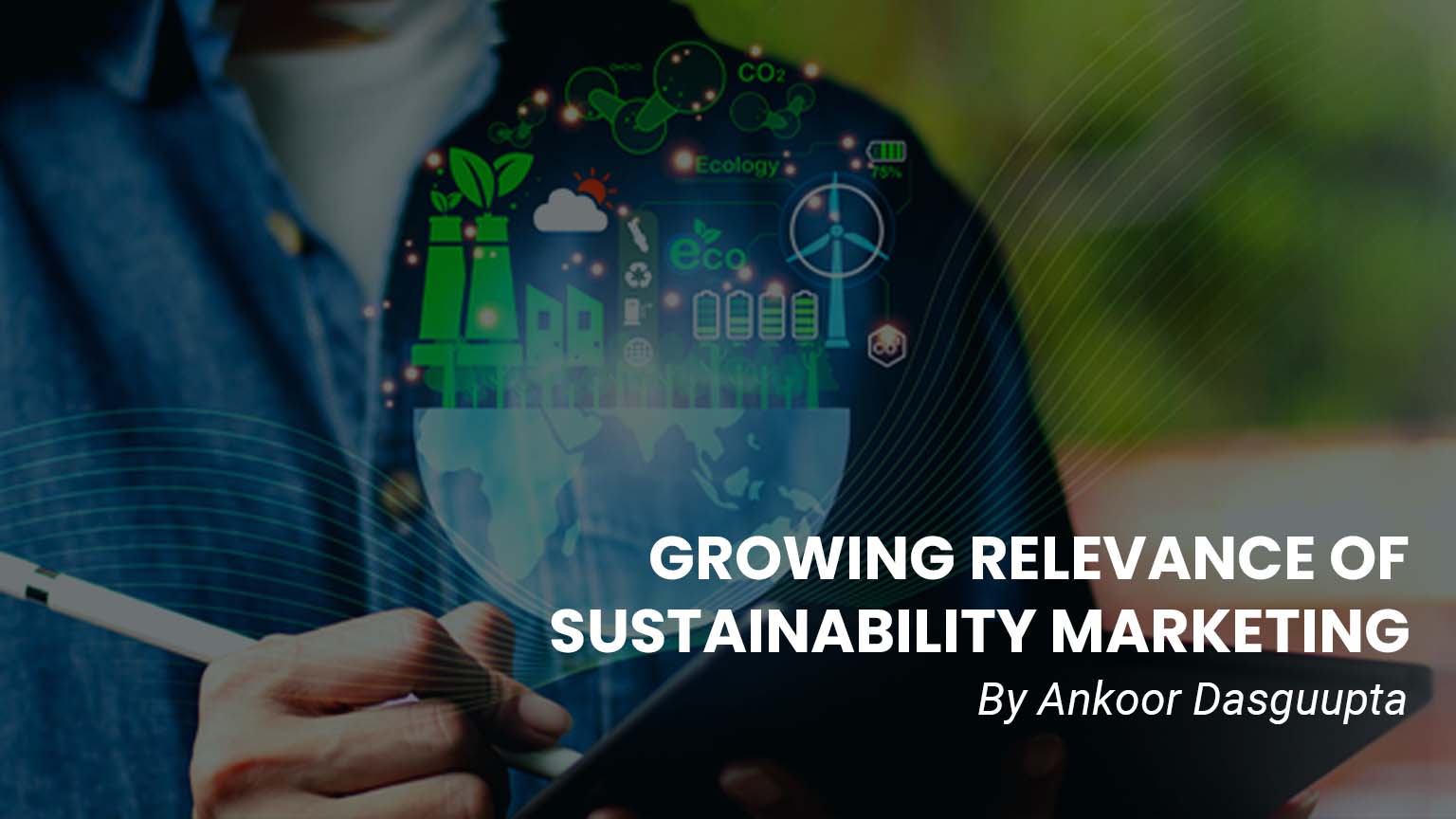As stewards of our brands, we must recognize that sustainability is not a mere marketing ploy, but a commitment woven into the fabric of our operations. The paradox is this era of greenwashing—superficial eco-friendly claims that co-exist with some meaningful and action driven initiatives.
In the dynamic landscape of contemporary business, marketing is still undergoing transformation. No longer confined to traditional product-centric approaches, marketing has evolved into a strategic tool that goes beyond profit generation, incorporating a purpose-driven ethos. At the heart of this transformation is the growing relevance of sustainability in the purpose of marketing—a shift that aligns not only with ethical imperatives but also with the expectations of a conscious consumer base.
Integrating sustainability into marketing practices comes with several imperatives that go beyond ethical considerations. Here are 4 key imperatives for including sustainability in marketing and advertising.
1. From Data to Call to Action
As senior executives steering the course of our organizations, it’s imperative to ground our strategies in real-time data. According to a recent survey by Nielsen, sustainability is not merely a peripheral concern for consumers; it is a decisive factor shaping purchasing behaviour globally. The data reveals a compelling narrative—73% of consumers are willing to modify their consumption habits to reduce their environmental impact. This statistic underscores a critical shift in consumer attitudes, indicating a heightened awareness of and commitment to sustainability. For us, as senior executives, this shift translates into a ‘strategic need’—an opportunity to align our organizations with the values of our customers.
2. Building Brand Loyalty Through Purposeful Marketing
In the ever-evolving consumer landscape, brand loyalty is a coveted asset. The 2020 IBM Global Consumer Report emphasized that 57% of consumers are willing to change their purchasing behaviour to reduce their negative environmental impact. This statistic is a clear indicator that sustainability is not only a matter of conscience but a driver of consumer loyalty. Our strategic imperative is to recognize the intrinsic link between purposeful marketing, consumer loyalty, and the long-term success of our organizations. Aramco’s efforts in its marketing campaigns to combat desertification, shows purpose behind it.
3. Sustainability as a Competitive Advantage
Beyond the realm of consumer perception, sustainability has emerged as a tangible competitive advantage. A notable example is Unilever’s commitment to sustainable living brands. According to Unilever, these brands grew 46% faster than the rest of the business and accounted for 70% of overall growth. The Unilever case shows a fundamental truth—we are witnessing a paradigm shift where sustainability is not just a corporate responsibility but a business driver which influences consumer choices, fosters loyalty, and positions organizations for long-term success in a red ocean.
4. Navigating Regulatory Landscapes: A Proactive Approach
As senior executives, our strategic vision must extend beyond immediate market trends to encompass regulatory landscapes. Governments worldwide are increasingly recognizing the critical role of businesses in achieving sustainability goals. For instance, initiatives like the United Nations’ Sustainable Development Goals (SDGs) provide a universal framework for businesses to integrate sustainability into their operations. In fact, India, where I live, is also aligned with the SDGs and taking noticeable steps towards it.
There are 3 initiatives executive leadership in organizations must keep working towards, as embracing sustainability is essentially a top-down approach:
- Integrate Sustainability into Core Values: Embed sustainability into the core values of your organization. This involves not only marketing messages but tangible commitments to responsible practices across the supply chain.
- Transparent Communication: Communicate your sustainability initiatives transparently. Authenticity builds trust, and trust is the bedrock of enduring customer relationships. Use multiple channels to convey your commitment, from your website and social media to product packaging.
- Collaborate for Impact: Collaborate with NGOs, industry peers, governmental bodies to amplify the impact of your sustainability initiatives as collective efforts can address larger challenges and contribute to meaningful change.
Sustainability as the purpose of marketing should be part of the DNA of organizations rather than just a trend. As senior executives, we also shape the future landscape of responsible and purposeful business. Profitability and responsibility go hand in hand.
First published on- https://www.cmocouncil.org/expert-views/pov/growing-relevance-of-sustainability-marketing


